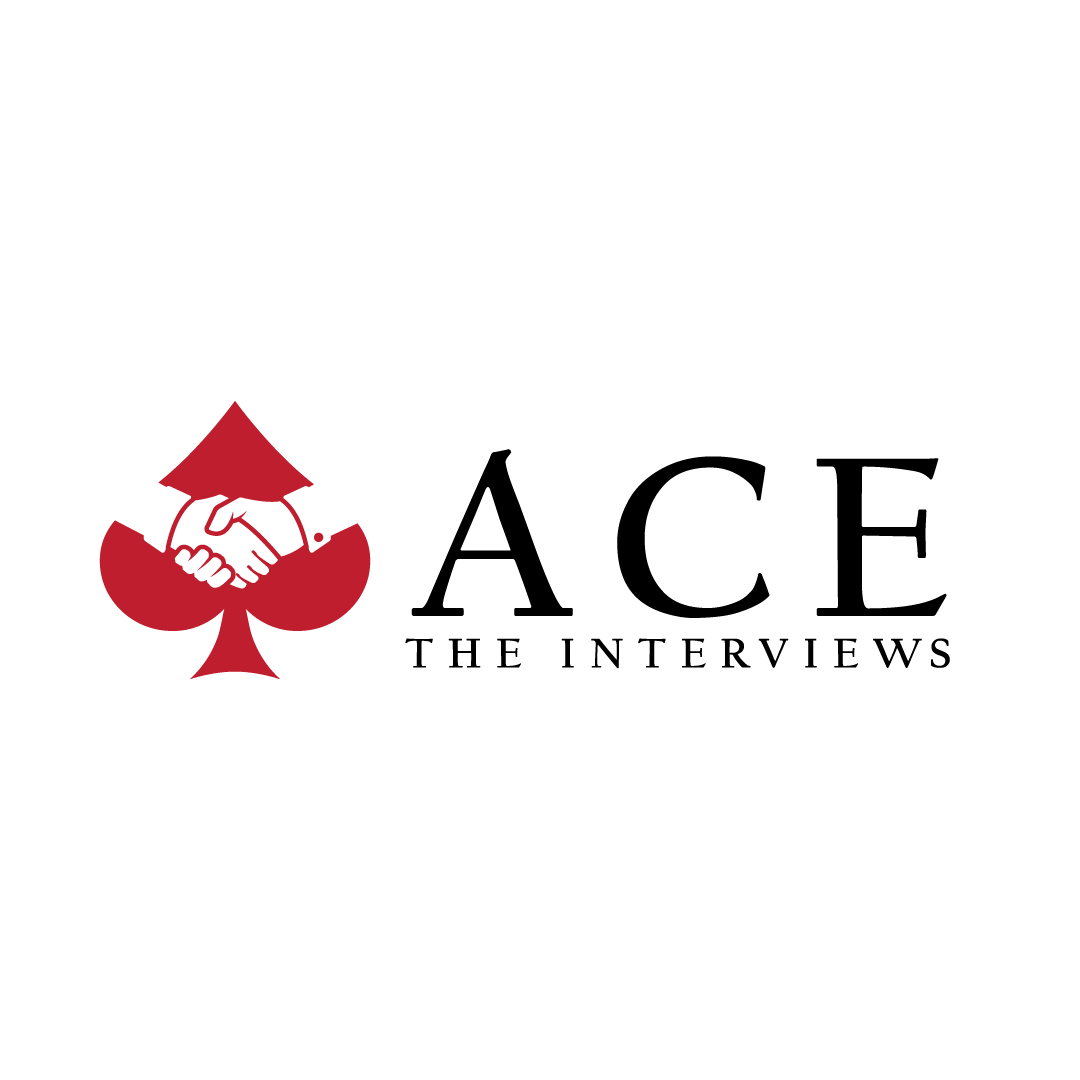Top Strategies to Shine During Job Interviews
- info4619178
- Oct 7, 2025
- 4 min read
Job interviews can be nerve-wracking, but with the right strategies, you can stand out and make a lasting impression. Preparing well and knowing how to present yourself effectively are key to landing your dream job. This guide will walk you through practical tips and techniques to help you shine during your next job interview.
Preparing for Job Interviews: The Foundation of Success
Preparation is the first step to success in any job interview. It shows your potential employer that you are serious and committed. Here are some essential preparation tips:
Research the Company: Understand the company’s mission, values, products, and recent news. This knowledge allows you to tailor your answers and show genuine interest.
Understand the Job Description: Identify the key skills and experiences required. Prepare examples from your past work that demonstrate these qualities.
Practice Common Interview Questions: Prepare answers for questions like “Tell me about yourself,” “What are your strengths and weaknesses?” and “Why do you want this job?”
Plan Your Outfit: Dress appropriately for the company culture. When in doubt, it’s better to be slightly overdressed than underdressed.
Prepare Questions to Ask: Interviews are a two-way street. Asking insightful questions shows your enthusiasm and helps you learn if the company is the right fit.
Taking these steps will boost your confidence and help you present yourself as a well-prepared candidate.

Mastering Communication During Job Interviews
Effective communication is crucial during interviews. It’s not just what you say but how you say it that matters. Here are some tips to communicate clearly and confidently:
Use Clear and Concise Language: Avoid jargon and long-winded answers. Keep your responses focused and to the point.
Maintain Positive Body Language: Sit up straight, make eye contact, and smile. These non-verbal cues convey confidence and openness.
Listen Actively: Pay close attention to the interviewer’s questions and comments. This shows respect and helps you respond appropriately.
Tell Stories: Use the STAR method (Situation, Task, Action, Result) to structure your answers. This makes your experiences more relatable and memorable.
Manage Nervousness: Take deep breaths before answering and pause if you need a moment to think. It’s okay to ask for clarification if a question is unclear.
By mastering these communication skills, you can create a strong connection with your interviewer and leave a positive impression.

How do you know if you ace the interview?
Knowing whether you have performed well in an interview can be tricky. However, there are several signs that indicate you might have aced it:
Positive Body Language from the Interviewer: Smiling, nodding, and leaning forward are good indicators.
Engaged Conversation: If the interview feels more like a dialogue than a Q&A session, it’s a positive sign.
Detailed Questions About Your Availability and Salary Expectations: These questions often mean the employer is seriously considering you.
Length of the Interview: Longer interviews usually indicate strong interest.
Follow-Up Communication: Receiving a prompt thank-you email or invitation for a second interview is a clear sign.
While these signs are encouraging, remember that the final decision depends on many factors. Regardless, use every interview as a learning experience to improve your skills.

Practical Tips to Stand Out in Virtual and In-Person Interviews
With the rise of remote work, virtual interviews have become common. Whether your interview is online or face-to-face, these tips will help you stand out:
For Virtual Interviews:
- Test your technology beforehand to avoid glitches.
- Choose a quiet, well-lit space with a neutral background.
- Dress professionally from head to toe to boost your confidence.
- Look at the camera to simulate eye contact.
- Keep notes handy but avoid reading directly from them.
For In-Person Interviews:
- Arrive early to allow time to settle in.
- Bring multiple copies of your resume and a list of references.
- Offer a firm handshake and greet everyone politely.
- Be mindful of your posture and avoid fidgeting.
- Show enthusiasm through your tone and expressions.
Adapting to the interview format and environment demonstrates your flexibility and professionalism.
Building Confidence to Ace Your Next Interview
Confidence can make a significant difference in how you perform during an interview. Here are some strategies to build and maintain confidence:
Prepare Thoroughly: The more prepared you are, the more confident you will feel.
Visualize Success: Imagine yourself answering questions confidently and receiving positive feedback.
Practice with a Friend or Mentor: Mock interviews provide valuable feedback and reduce anxiety.
Focus on Your Strengths: Remind yourself of your achievements and skills.
Stay Positive: Replace negative thoughts with affirmations like “I am capable” and “I am the right fit for this job.”
Remember, confidence is a skill that improves with practice and experience.
Next Steps After the Interview: Keeping Momentum
Your job interview does not end when you leave the room or log off the call. What you do afterward can influence the outcome:
Send a Thank-You Email: Within 24 hours, send a personalized message thanking the interviewer for their time and reiterating your interest.
Reflect on Your Performance: Note what went well and areas for improvement.
Follow Up Appropriately: If you haven’t heard back within the timeframe given, send a polite follow-up email.
Keep Applying and Interviewing: Don’t put all your hopes on one opportunity. Keep practicing and refining your approach.
Taking these steps shows professionalism and keeps you proactive in your job search.
For those looking to deepen their interview skills, resources like ace the interviews offer expert guidance and tips to help you succeed.
By applying these strategies, you can approach your next job interview with confidence and clarity. Preparation, communication, and follow-up are your keys to making a strong impression and moving closer to your career goals.










Comments